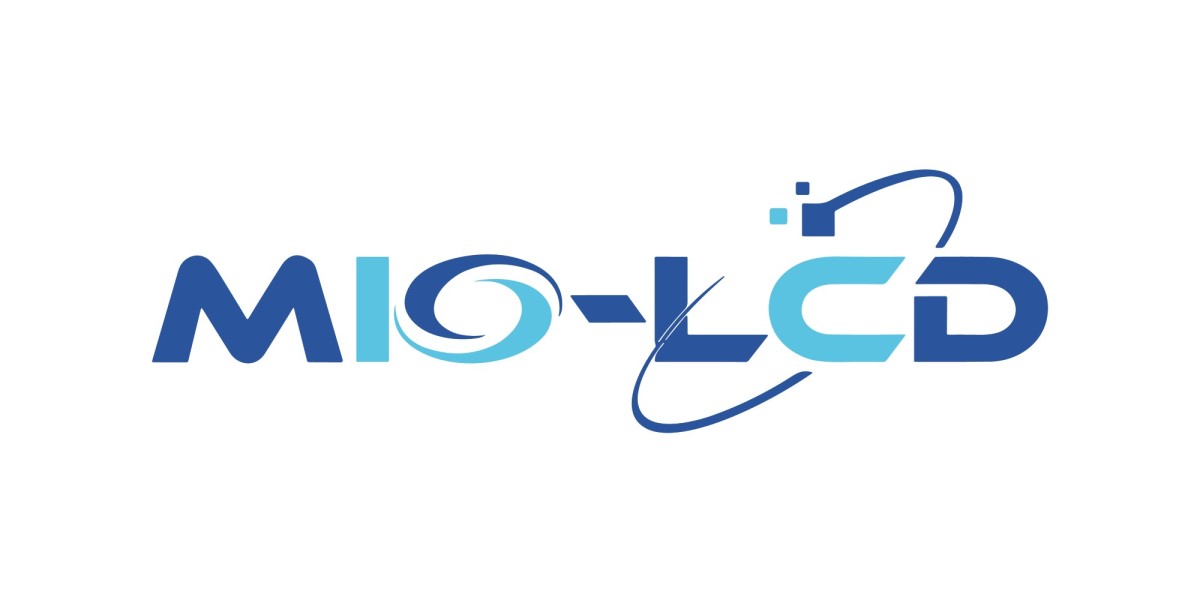The availability of essential medical supplies is crucial for the effective functioning of healthcare systems worldwide. Among these supplies, intravenous (IV) bags play a pivotal role in delivering fluids, medications, and nutrients to patients. However, in recent years, a global shortage of empty IV bags has emerged, presenting significant challenges for healthcare providers. This shortage has multifaceted impacts on healthcare systems, affecting patient care, operational efficiency, and overall healthcare costs.
Impact on Patient Care
One of the most immediate impacts of the Global Empty IV Bags shortage is its effect on patient care. IV bags are essential for administering fluids, electrolytes, medications, and blood products to patients in various healthcare settings, including hospitals, clinics, and ambulatory care centers. When there is a shortage of these critical supplies, healthcare providers may face difficulties in delivering timely and appropriate treatments to patients. This can lead to delays in care, suboptimal treatment outcomes, and increased patient discomfort.
The shortage of IV bags can limit the availability of certain medications that are commonly administered intravenously. For example, chemotherapy drugs, antibiotics, and pain management medications often require IV administration. When healthcare facilities experience shortages of IV bags, they may need to prioritize certain patients or treatments, potentially compromising the quality and timeliness of care for others.
Operational Challenges for Healthcare Providers
The global shortage of empty IV bags also presents significant operational challenges for healthcare providers. Hospitals and clinics rely on a steady supply of IV bags to maintain their day-to-day operations. When facing a shortage, healthcare facilities must implement strategies to conserve IV bags usage, such as using alternative delivery methods or rationing available supplies. These measures can strain healthcare staff, increase workload, and disrupt established treatment protocols.
Get more insights on Global Empty IV Bags








